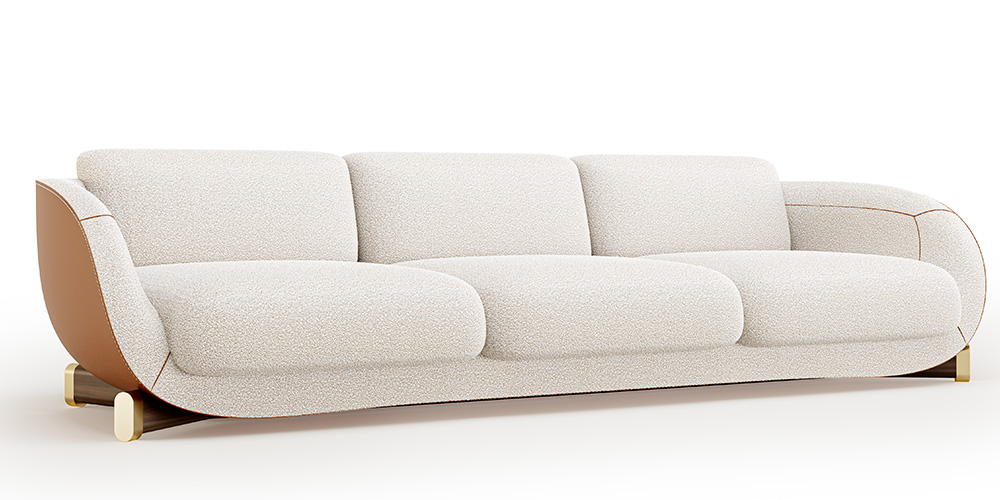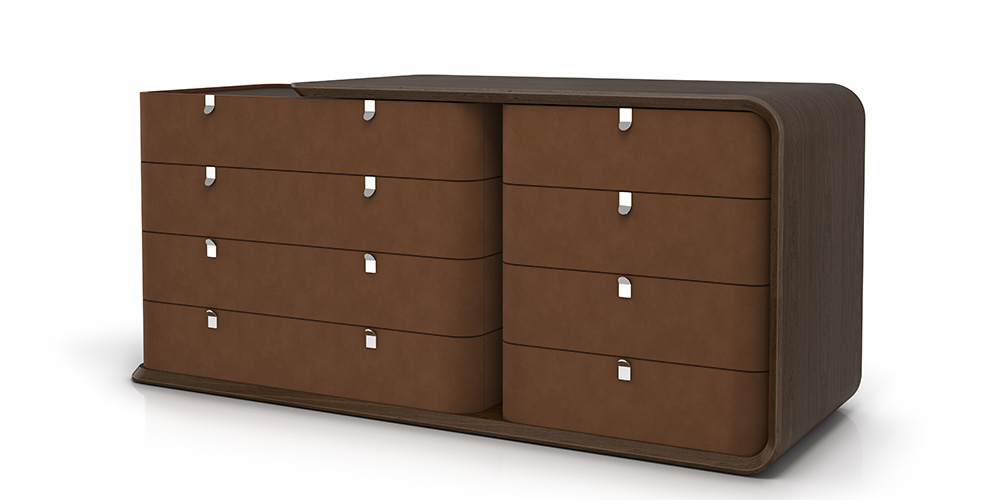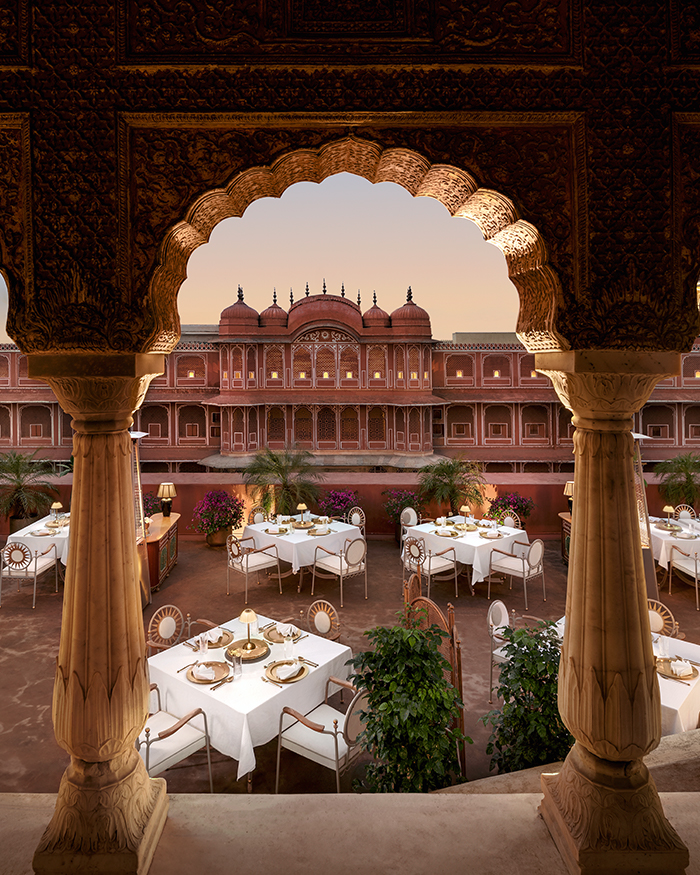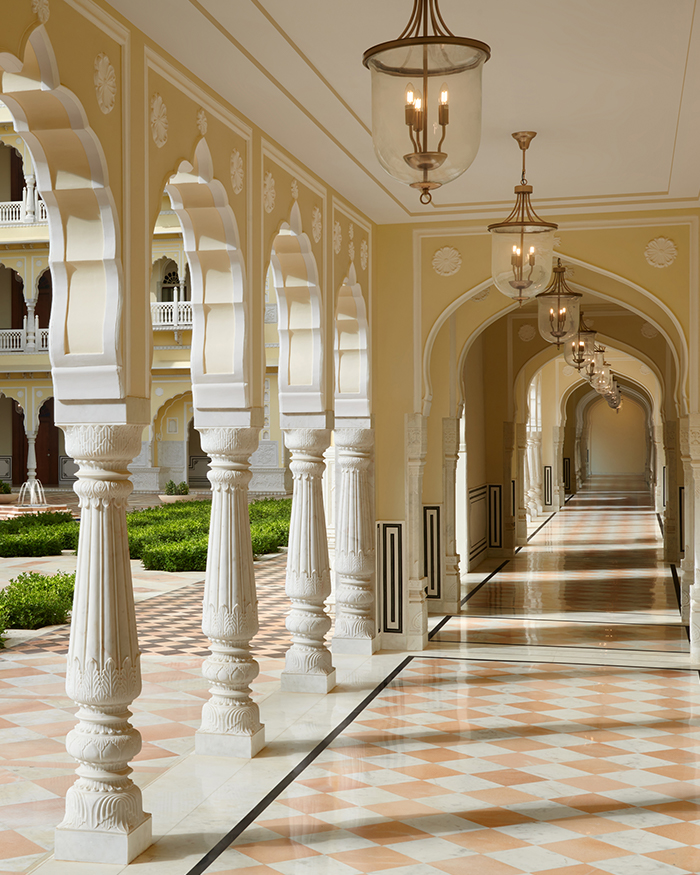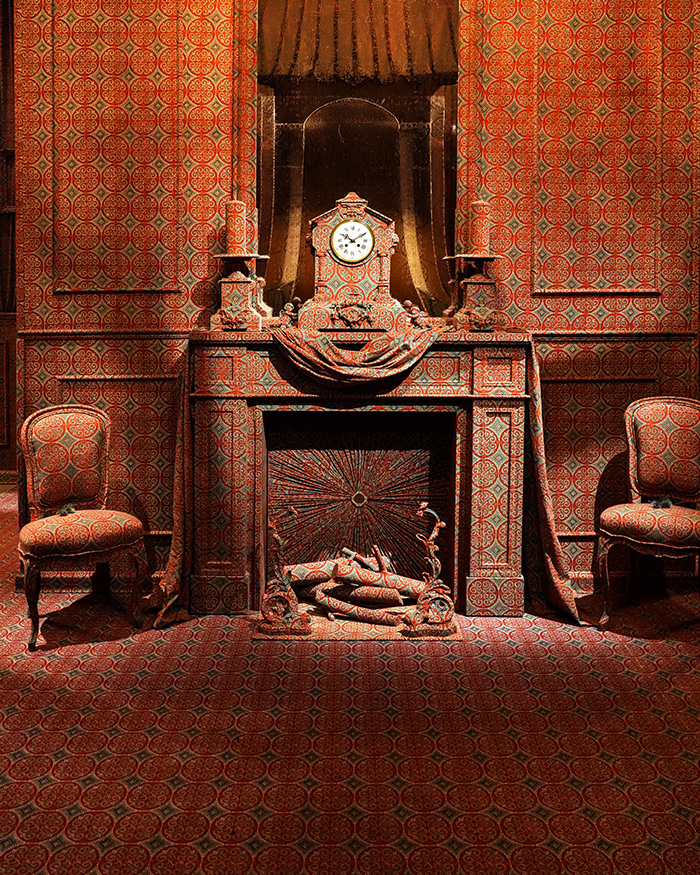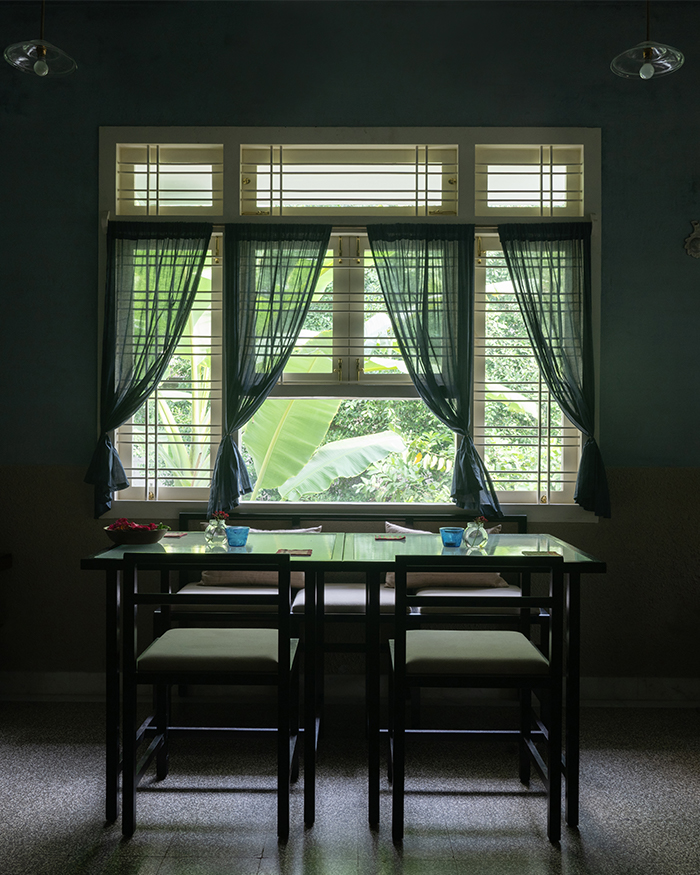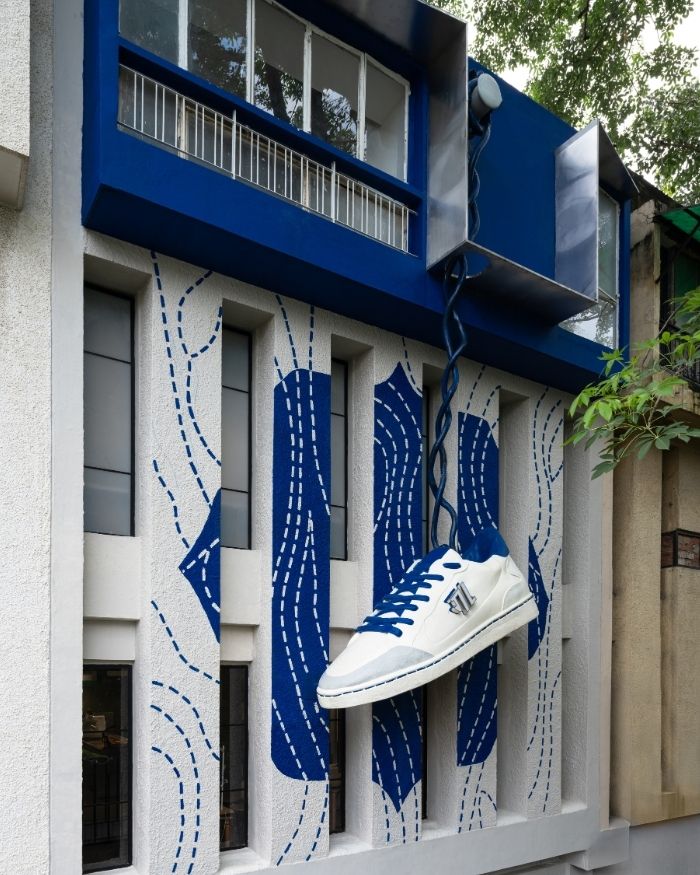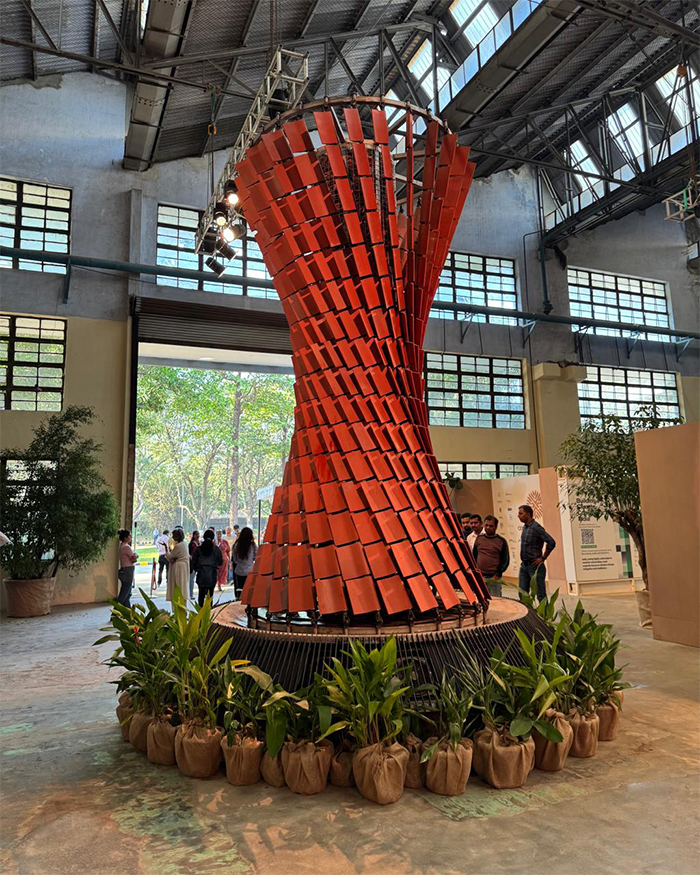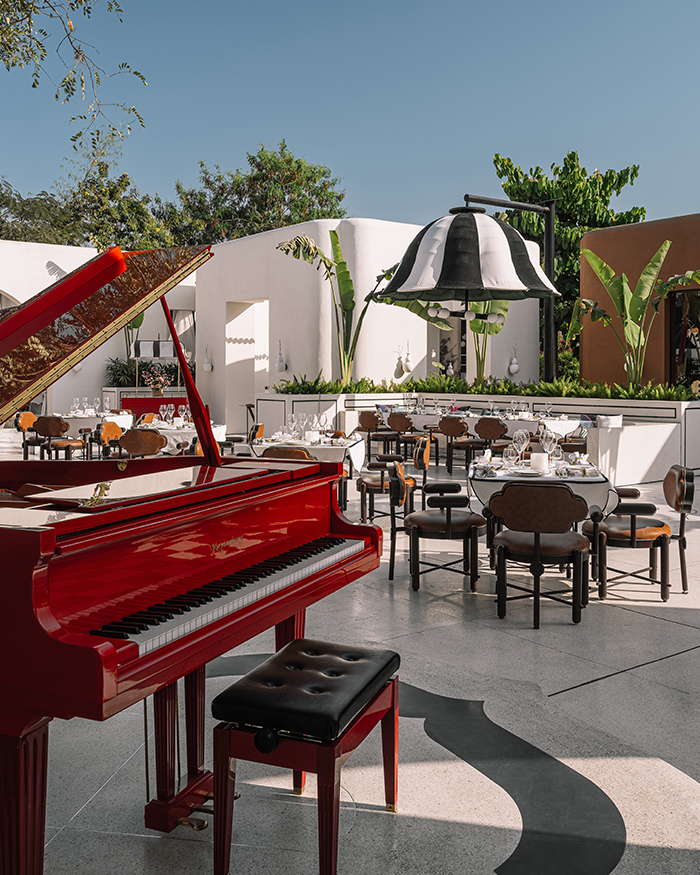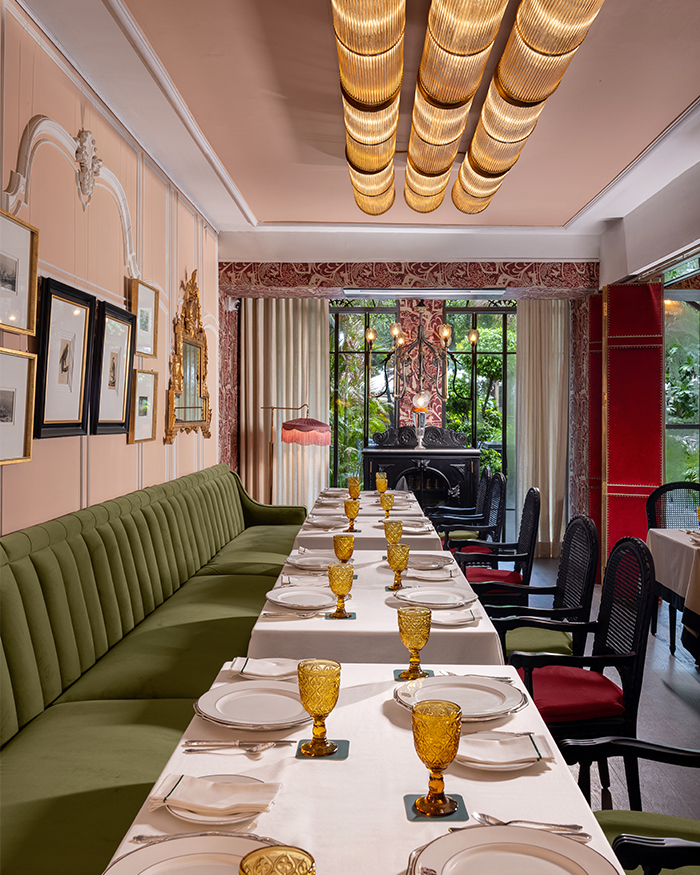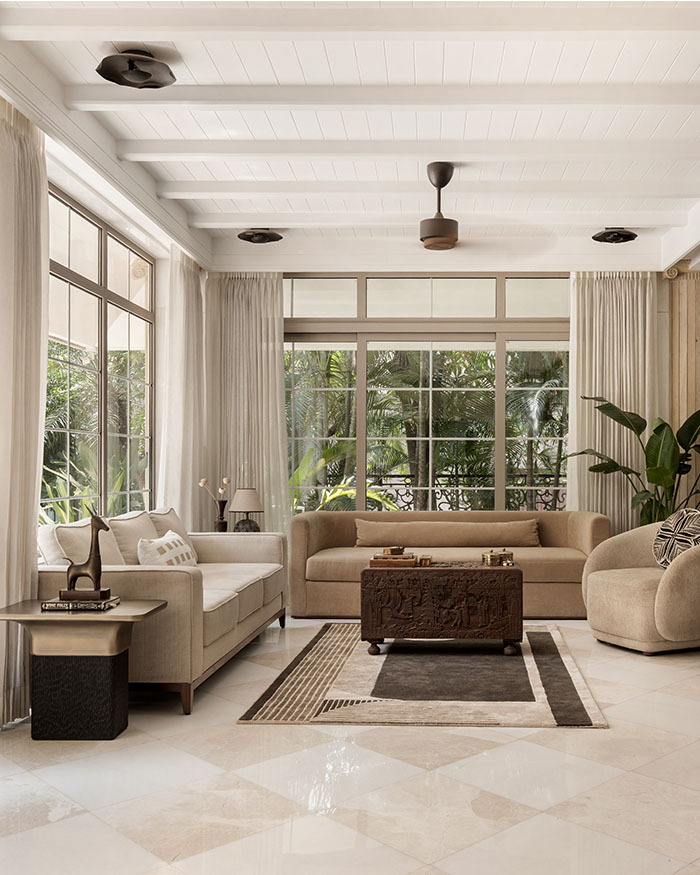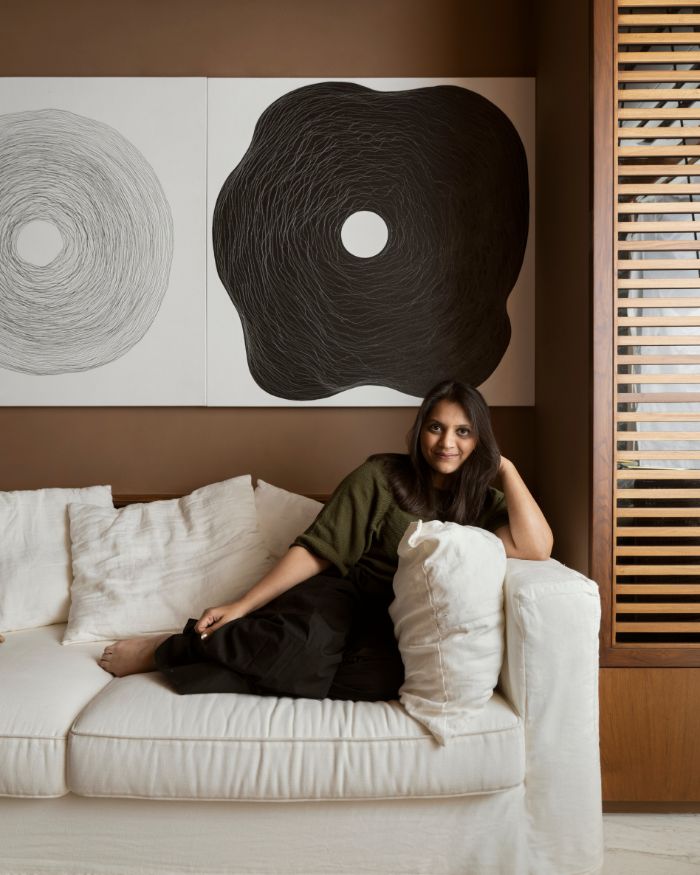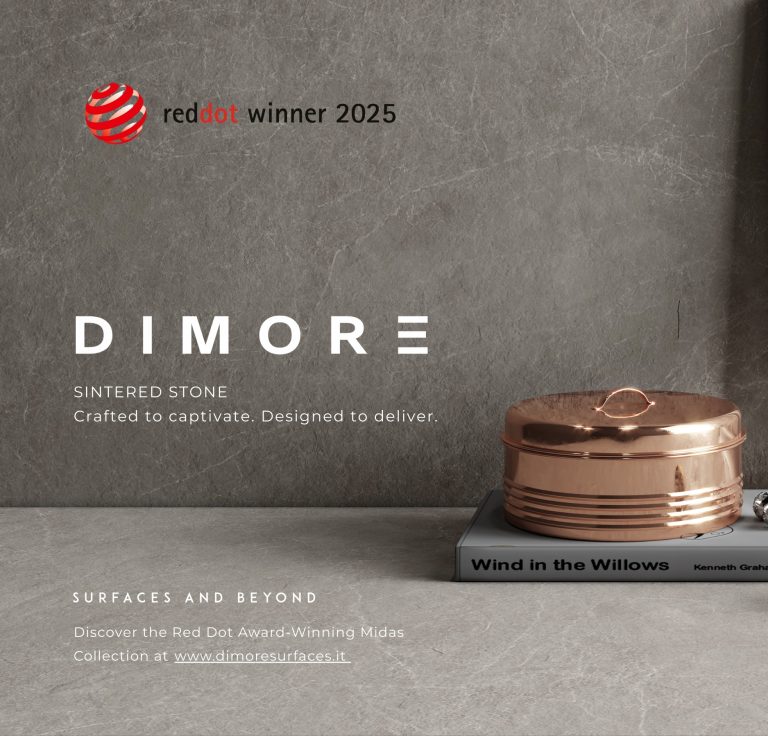Staying true to time-honoured traditions and focusing forward on sustainability, Racconti emerges from the S.R Jindal Group’s vision of Make in India as a beacon in the luxury interior sector. It carves a niche with its unique blend of artisanal craftsmanship and avant-garde design, all rooted in eco-conscious practices. Amidst a sea of transient fashions and ubiquitous production, Racconti’s tailor-made collections are born from collaborations sought with Italian design maestros, heralding an era of enduring elegance. From their sculptural Ralf shelf to the elegant Emidaed Sofa and unorthodox Tybault Console, Racconti’s creations are a testament to their commitment to quality and attention to detail.
In an evolving Indian luxury landscape known for its selective palate, the question arises: Is the Make in India initiative precursing a new era of sustainable luxury in furniture making? Shivam Jindal, Racconti’s Sales and Operations Director, offers insights into how the brand’s custom-crafted designs present an elegant alternative to the transient allure of mass-produced furniture. Join us as we delve into a conversation with Shivam, exploring the essence of Racconti’s commitment to timeless design and sustainability.
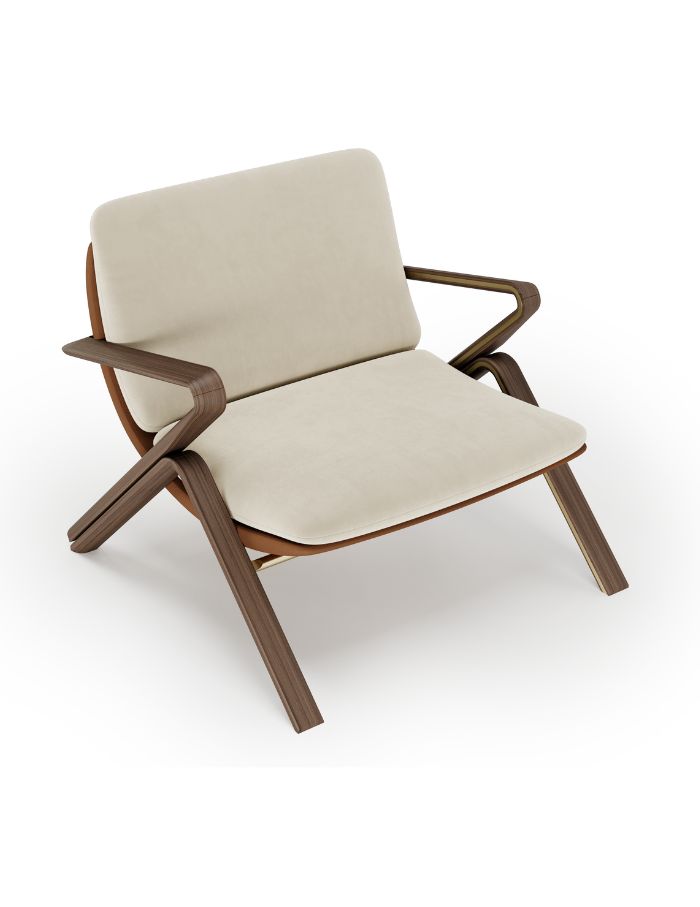
What, according to you, is luxury?
Luxury is the harmonious blend of exclusivity, unparalleled craftsmanship, and timeless elegance. At Racconti, we redefine luxury by collaborating with world-renowned Italian designers to create bespoke, made-in-India interiors. Our exclusive collection brings the same level of craftsmanship that only Italian brands were thought to possess, changing the narrative for discerning Indians building their homes. It’s time the world experiences Indian luxury in interiors, showcasing the Jindal Group’s legacy of excellence and innovation.
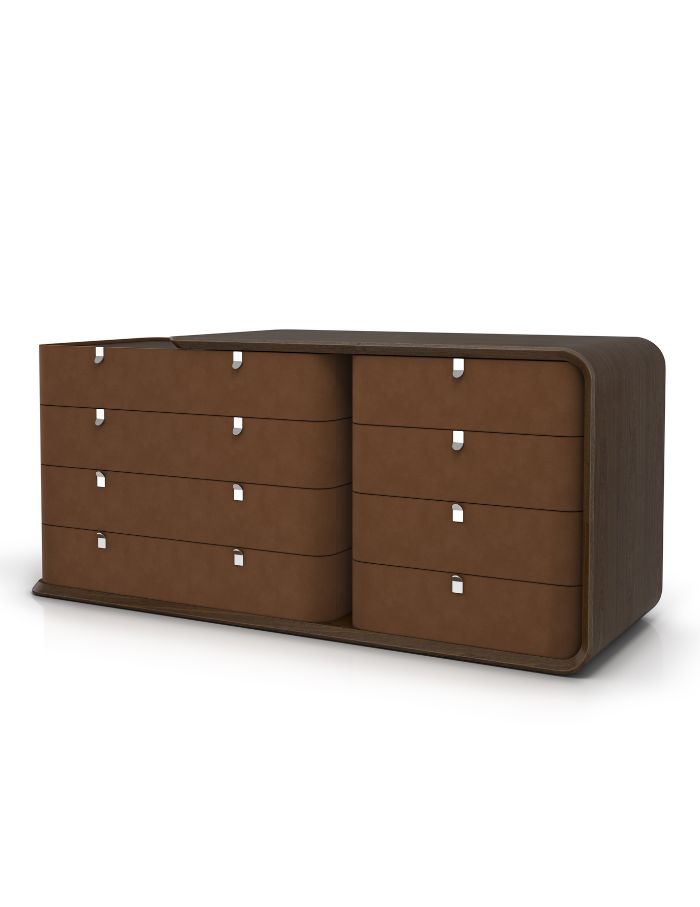
How do you visualise the future of luxury furniture made in India in the coming years?
The future of luxury furniture made in India is incredibly promising. To be honest, the sky is the limit for us. With urbanisation on the rise and increasing spending power, people’s desires to build more affluent homes have significantly grown, especially after the COVID-19 outbreak. Our interior designers and architects are second to none globally. The key challenge is changing the consumer mindset that gravitates towards Italian brands for solutions.
I firmly believe there is nothing Indians cannot do that Italian brands provide in the world of interiors. Moreover, being homogenous, we can surpass them in every aspect given the opportunity. All stakeholders in the interior design community should actively promote Make in India! This shift will enhance our industry’s skills and prosperity, and I urge everyone to participate wholeheartedly. It will take time, but by supporting each other as a community, we can achieve unparalleled growth, just as they did.
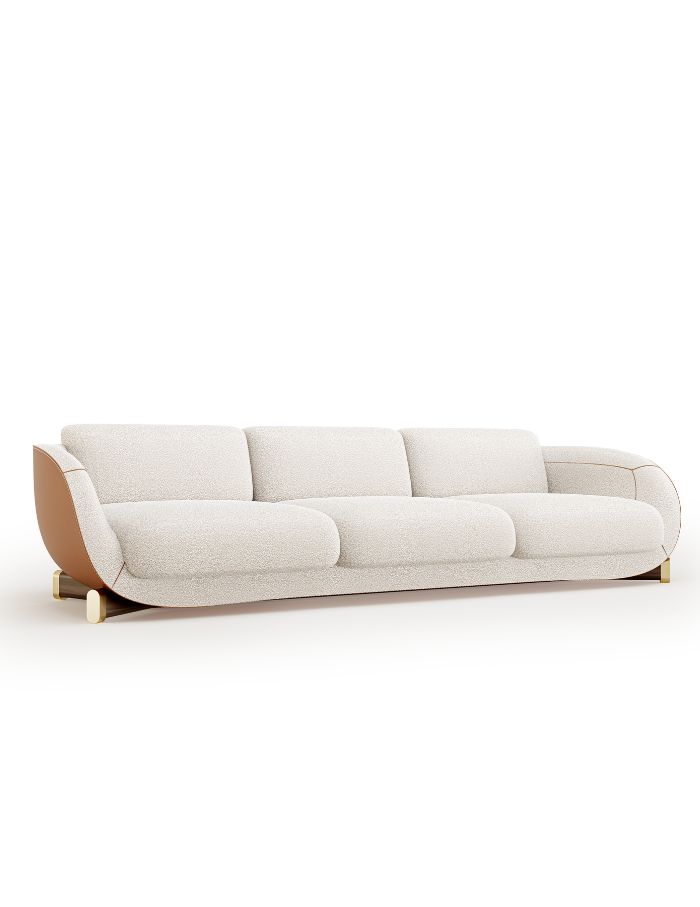
What is your strategy for making Racconti more sustainable?
Sustainability is a crucial goal, especially in the interior manufacturing industry. At Racconti, we don’t just preach sustainability; we live it, in line with the values of all companies under the Jindal Group umbrella. We proudly hold FSC and ISO certifications, a rarity among Indian interior manufacturing brands. However, sustainability requires both investment and education.
Unlike the steel or automobile industries, the interior manufacturing sector remains largely unregulated. Numerous small workshops scattered across the country contribute significantly to this industry but are often miles away from considering sustainability due to cost constraints. It is our responsibility to educate consumers on the importance of sustainable choices, such as using FSC-certified plantation-grown wood instead of forest-cut wood and opting for vegan leather. These eco-friendly materials do increase product costs, but they represent an investment in our planet’s future.
Consumers in India, particularly those building high-end homes, tend to be more price-sensitive and less focused on sustainability. A rise in demand for sustainable products will fast-track this process and encourage broader industry adherence to sustainable practices. By aligning with this vision, we aim to lead the charge in transforming the Indian interior industry into a global standard-bearer for sustainability. Together, we can shift mindsets and build a more sustainable future.
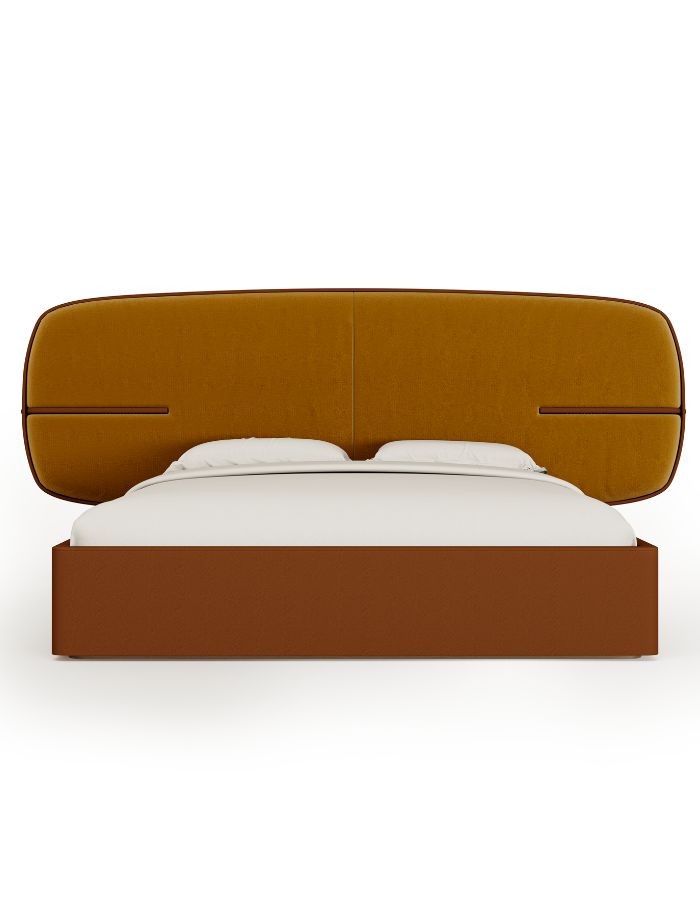
Has Racconti dealt with counterfeits before? How do you tackle this?
To be honest, we’ve never encountered anyone making copies of our products, although we’ve heard whispers of attempts. While we can’t confirm the extent of this, we’re aware that counterfeiting is a common issue in India, often driven by client demands. At Racconti, we don’t subscribe to this practice. Instead, we collaborate with top designers, which does come at a cost. We are passionately committed to the Make in India initiative and urge others in the industry to also prioritise exclusivity in their products. By fostering originality and high standards, we can collectively elevate the industry and diminish the market for counterfeits.
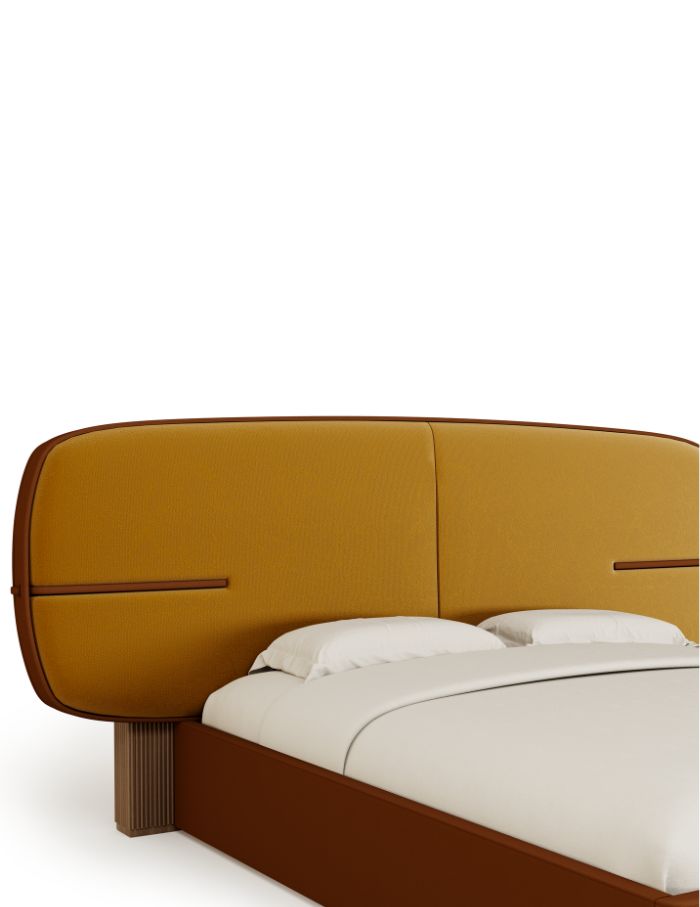
What are the challenges of navigating the luxury market as a Made-in-India brand? How has Racconti tackled these challenges?
Navigating the luxury market as a Made-in-India brand comes with its unique set of challenges. One of the primary challenges is the significant cost associated with building an exclusive collection and collaborating with top designers. Additionally, attracting high-net-worth individuals (HNIs) who traditionally seek solutions from Italy or other
European countries require us to offer designs and finishes that match or surpass the mature standards of these established Italian brands. Italian brands have decades of experience and a much larger product portfolio, often five times or more than what Racconti currently offers. To compete, we need to rapidly expand our collections to match their variety, which entails substantial financial investment. Despite these challenges, Racconti is committed to accelerating our growth and offering a diverse range of high-quality products to our clients.
Explore Racconti’s creations at Racconti.in


